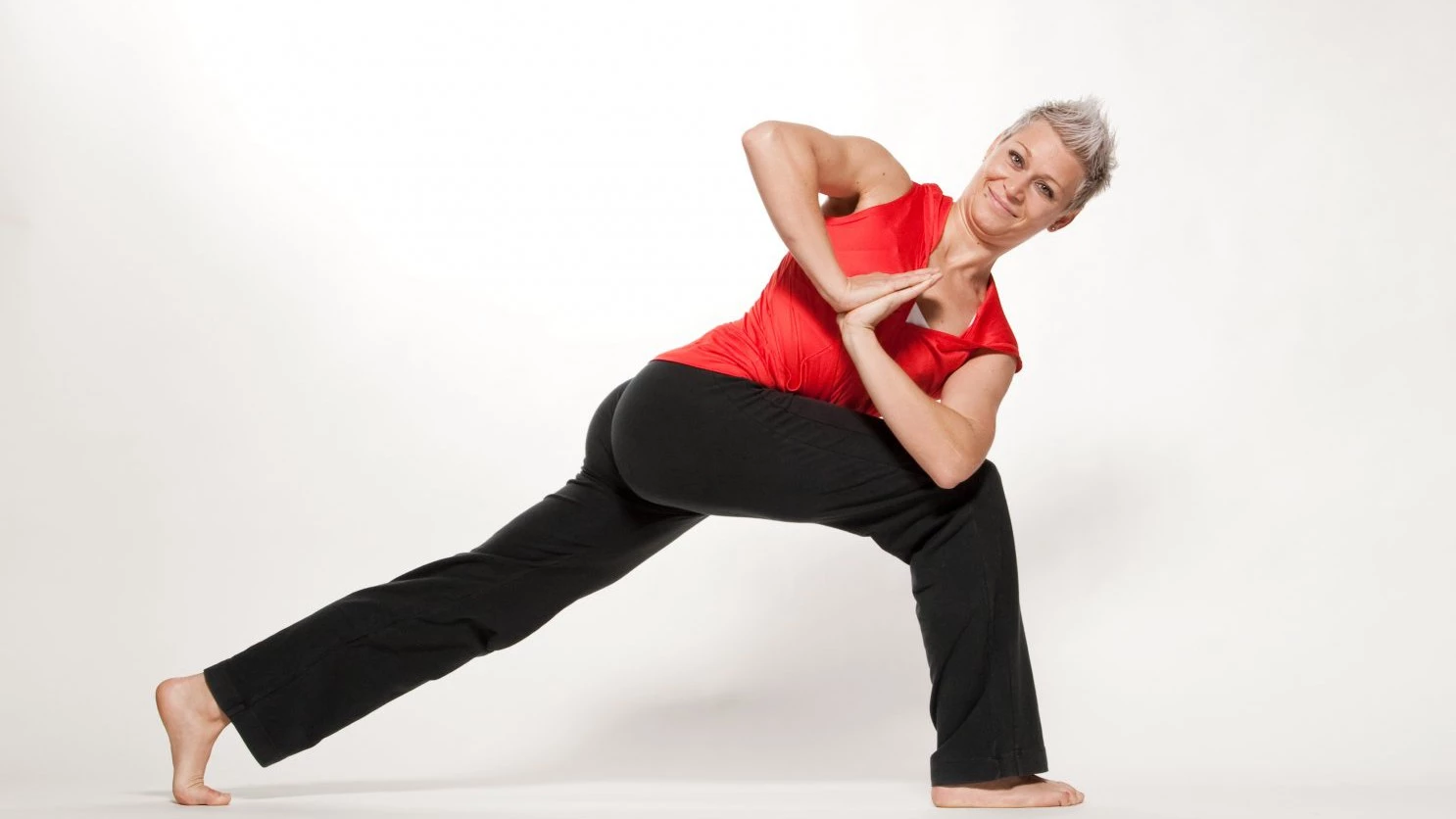Cross Training Your Brain: An Antidote for Aging

We don’t usually think of exercise and the brain in the same sentence, but the brain and the body are very much alike. Fit people are likely to recover more quickly from injury or illness than those who are sedentary. Similarly fit, active brains are better equipped to recover from the damage incurred by accident, injury, illness, or the insults of aging.
For these reasons, the brain can benefit from exercise, just as much as the body in general. This is the idea behind Beth Israel Deaconess Hospital’s Brain Fit Club in Boston, a ‘gym’ filled with games and exercises that give your brain a workout. Created earlier this month, The Brain Fit Club offers brain training exercises that include specially designed computer games, lifestyle and nutritional coaching, meditation, music, and yoga classes, and lots of time for socializing, reports The Boston Globe.
The brain has a tremendous capacity to rewire itself if it is worked out properly, new studies on neuroplasticity suggest. These findings are sparking a new wave of brain exercises designed to curb the effects of aging, and increase the probability that those with brain damage will recover more fully than previously believed possible.
“If you had asked me eight to nine years ago if I believe in cognitive training, I’d have said ‘pfft,’” says Bonnie Wong, clinical neuropsychologist at the hospital in the The Boston Globe article. “But the research is quite convincing.”
The healthier your brain remains, the more it will be resilient to the effects of aging, disease and decline. This is why the Brain Fit Club at the Beth Israel Deaconess Hospital is so important.
Not surprisingly, the Brain Fit Club has a long waiting list. Millions of aging Americans are concerned with memory loss, lack of mental agility, and diseases like dementia, Alzheimer’s and Parkinson’s. While there are medications that can reduce the severity of symptoms, degenerative brain disorders eventually lead to considerable disability and death.
It is likely that facilities like this will become commonplace during the next decade, and that an increasing number of ‘brain games’ will be available to boost cognitive ‘fitness’ as we get older. Dr. Adam Gazzaley, a professor of neuroscience at the University of California, San Francisco, for example, is developing targeted computer games that can enhance specific brain skills. The brain is ‘plastic’ enough to adapt and change regardless of age, his research shows.
Brain training games must be fun, however. According to Dr. Gazzaley, people will be more apt to engage in a therapy if they are enjoying themselves. The brain releases dopamine and other chemicals in response to pleasure that aid in the learning process, so pleasure is essential. Brain health and treatment also require a multi-pronged approach, Dr. Gazzaley believes. “Given the complexity of the brain, we can’t hope to treat it effectively with a single modality like a drug.”
With over 1000 trillion connections, the human brain is very complex and its potential for growth and change is practically limitless. Donald Stuss, Scientific Director of the Ontario Brain Institute, and a professor at the University of Toronto agrees. He studies the brain’s capacity to reorganize, and has discovered that “…different regions can take over and [the brain] can use different pathways, different networks to perform the same tasks. So the potential is there.”
As more researchers explore the brain’s resilience and ability to rewire itself, we are learning that it may be possible to delay or minimize the symptoms of dementia and other similar diseases by training the brain and keeping it fit. While places like the Brain Fit Club are important for anyone interested in maintaining a sharp mind and a healthy brain, the Club is currently only available to existing patients at the Beth Israel Deaconess who are suffering either from Alzheimer’s, cognitive impairment, concussions, or ADHD.
Researchers will be working with patients to understand which types of activities are of greatest benefit and how much time is required for patients to build up their own ‘weak muscles.’ Participants at the Club receive intensive programs of classes and physical exercises and are immersed in social interaction, which is known to greatly benefit both brain and heart health. Patients will also be ‘cross-training’ their minds and cultivating new pathways by learning new skills. There is growing evidence that new brain pathways are stimulated through learning novel activities such as hobbies, languages, or taking classes in math, science, art, or music. Patients will be encouraged to bring their workouts home and to continue to learn and master new skills.
The movement into brain fitness offers hope for the millions of Americans suffering from brain injury and diseases including Alzheimer’s, dementia, and Parkinson’s, and the millions more who are approaching old age or already there. Brain training has no side effects, the cost is minimal and the rewards are great. And of course, since an ounce of prevention is worth a pound of cure, the new brain fitness gym is an important reminder for everyone to keep not just our body, but our brain fit.
Source
Creating a gym for the mind, Karen Weintraub, Boston Globe Correspondent



